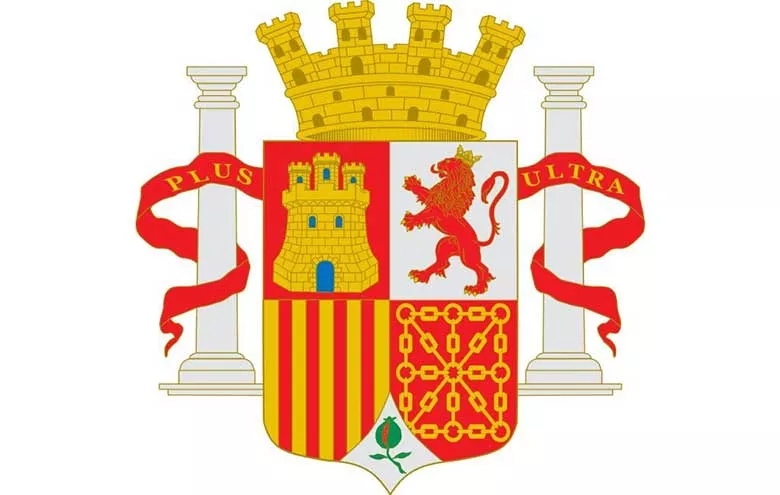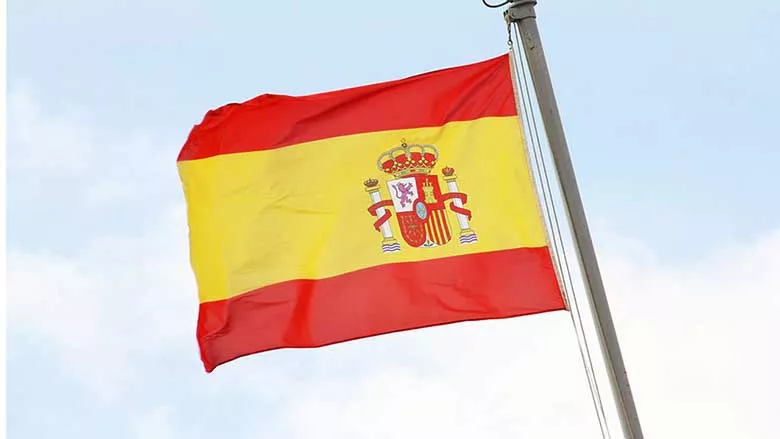ETIQUETADO EN:
Spanish quotes with meaning
There are nearly one hundred thousand sayings registered in the Spanish language which are an extraordinary material that represents one of the great values contributed by the people throughout the centuries, and which the Spanish always take into account in their daily life, since there is never a lack of sayings to illustrate their conversation at any moment.
The proverb is an essential part of the Spanish vocabulary. Their classical literature, since the 14th century, has been accompanied by them.
Sayings are popular phrases that express advice, thoughts, opinions and ideas. They are usually structured in verse or with a certain rhyme to make them easy to remember.
Enjoy them.
Famous Spanish Quotes

Spanish quotes with meaning
- A río revuelto, ganancia de pescadores. A river in turmoil, a fisherman’s gain.
- Una aguja en un pajar, es difícil de encontrar. A needle in a haystack is hard to find.
- Quien paga descansa. He who pays rests.
- A nadie le amarga un dulce. No one is bitter about a sweet.
- Más vale prevenir que curar. Prevention is better than cure.
- Haz bien y no mires a quién. Do good and don’t look at whom.
- El tiempo todo lo cura menos vejez y locura. Time cures everything but old age and madness.
- Burro grande, ande o no ande. Big donkey, walk or don’t.
- Quien siembra vientos recoge tempestades. He who sows winds gathers storms.
- Una imagen vale más que mil palabras. A picture is worth a thousand words.
- El que mucho abarca, poco aprieta. He who grasps much, grasps little.
- Las malas noticias llegan aprisa. Bad news run fast.
- Vísteme despacio que tengo prisa. Dress me slowly, I’m in a hurry.
- Unos por otros, la casa sin barrer. One by one, the house without sweeping.
- Una mano lava a la otra, y ambas la cara. One hand washes the other, and both hands wash the face.
- Tanto tienes, tanto vales. So much you have, so much you are worth.
- Quien tiene boca se equivoca. He who has a mouth is mistaken.
- Si no puedes con tu enemigo, únete a él. If you can’t beat your enemy, join him.
- Reunión de pastores, oveja muerta. Shepherds’ meeting, dead sheep.
- Por dinero baila el perro. For money the dog dances.

- Al que no quiere caldo se le dan dos tazas. The one who does not want broth is given two cups.
- Rectificar es de sabios. To rectify is of wise men.
- Quien tiene un amigo tiene un tesoro. He who has a friend has a treasure.
- Libro prestado, perdido o estropeado. Borrowed book, lost or damaged.
- Quien roba a un ladrón, tiene cien años de perdón. He who steals from a thief has a hundred years of forgiveness.
- Por un perro que maté, mataperros me llamaron. Because of a dog I killed, dog killers called me.
- No hay mal que dure cien años, ni cuerpo que lo resista. There is no evil that lasts a hundred years, and no body that can resist it.
- Mala hierba nunca muere. Bad grass never dies.
- En boca del mentiroso, lo cierto es dudoso. In the mouth of the liar, the truth is doubtful.
- Perro ladrador, poco mordedor. Barking dog, little biter.
- Ojos que no ven corazón que no siente. Eyes that do not see heart that does not feel.
- Más vale pájaro en mano, que cientos volando. Better a bird in the hand than hundreds in the air.
- Lo prometido es deuda. What was promised is debt.
- La esperanza es lo último que se pierde. Hope is the last thing to be lost.
- Gallo que no canta algo tiene en la garganta. A cock that doesn’t sing has something in its throat.
- Cuando el río suena, piedras lleva. When the river sounds, stones are carried.
- El que tiene tienda que la atienda y sino que la venda. He who has a shop should attend to it, and if not, should sell it.
- Quien evita la ocasión evita el peligro. He who avoids the occasion avoids the danger.
- En martes ni te cases ni te embarques. On Tuesdays, don’t get married and don’t board.
- El que ríe último, ríe mejor. He who laughs last, laughs best.

- Donde hubo fuego, cenizas quedan. Where there was fire, ashes remain.
- De noche todos los gatos son pardos. At night all cats are brown.
- Más vale estar solo que mal acompañado. It is better to be alone than in bad company.
- Cuando el gato se va, los ratones hacen fiesta. When the cat leaves, the mice have a party.
- Cría cuervos y te sacarán los ojos. Raise crows and they’ll scratch your eyes out.
- A palabras necias, oídos sordos. To foolish words, deaf ears.
- Aunque la mona se vista de seda, mona se queda. Even if the monkey is dressed in silk, monkey stays.
- Cabeza fría y pies calientes, dan larga vida a la gente. Cold head and warm feet, give long life to people.
- Buenas palabras y buenos modales, todas las puertas abren. Good words and good manners, all doors open.
- Amar y no ser amado es tiempo mal empleado. To love and not to be loved is time badly spent.
- Afortunado en el juego, desgraciado en amores. Lucky in gambling, unlucky in love.
- Con ladrones y gatos, poco trato. With thieves and cats, not much treatment.
- Al mal tiempo, buena cara. In bad weather, good face.
- Las palabras se las lleva el viento. Words are blown away by the wind.
- Todo lo que sube tiene que bajar. Everything that goes up must come down.
- La mejor lotería es una buena economía. The best lottery is a good economy.
- Agua pasada no mueve molino. Past water does not move mill.
- El que avisa, no es traidor. He who warns is not a traitor.
- Cuando pases por la tierra de los tuertos, cierra un ojo. When you pass through the land of the one-eyed man, close one eye.
- Quien da el primero; da dos veces. He who strikes first; strikes twice.
Aviso legal – Privacidad – Política de cookies – Copyright © 2018-2025. Todos los derechos reservados – Contacto

